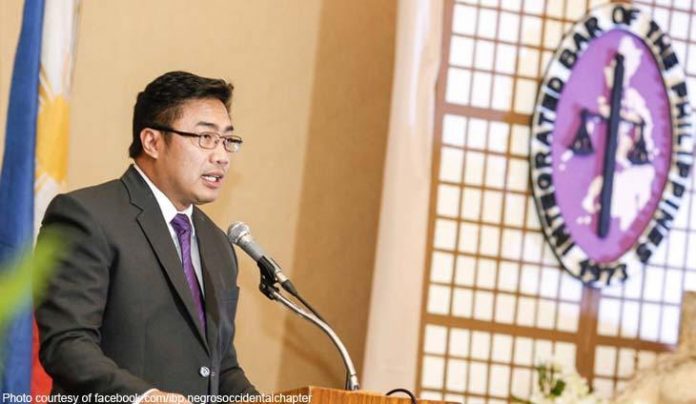
ILOILO City – While the internet, specifically social media, has revolutionized the way people communicate, in the hands of the unscrupulous it has also become a tool to undermine democratic institutions, according to the national president of the Integrated Bar of the Philippines (IBP).
Social networking sites such as Facebook used to be platforms to update users about relatives and friends but now have become mediums of fake news and hate speech, lamented Atty. Abdiel Dan Elijah Fajardo at the forum “Democracy and Disinformation Conference” here hosted by the Consortium on Democracy and Disinformation, in partnership with PHINMA University of Iloilo, University of the Philippines-Visayas and National Union of Journalists of the Philippines.
“People will say anything, without regard of personal sensibilities, and oftentimes in utter ignorance of the very subject matter they discuss,” said Fajardo.
Today, hate speech is being hoisted on social media as a weapon against judicial independence, he observed.
“Speech that incites hatred or violence against judges. Speech that glorifies rape and murder. False statements that are proffered as facts, calculated to injure the reputation of a person or organization. Profanity that is integrated into opinion as a means of hiding behind the protection provided by the Constitution on freedom of expression,” said Fajardo.
Clearly, he said, through the internet even discordant, sometimes disturbing views previously kept out of the mainstream are dominating and shaking the very foundations of democratic institutions.
The press, previously the sole gatekeeper of popular thought, is currently under siege, too, he observed.
“Journalists are in a struggle for survival against an unexpected new enemy – fake news. Under traditional logic, fake news should be easily defeated by the truth. But we are now witnesses to how opinion may be manipulated through the constant bombardment of lies and propaganda passed on as correct information,” said Fajardo.
The IBP president acknowledged that even in their organization, some members share fake news.
“We lawyers, even though we are compulsorily admitted to the IBP as one integrated bar, we have a million of minions also among ourselves…there are also lawyers who empower fake news…who share fake news online. Some of them actually did cross the boundary of hate speech,” said Fajardo.
Some of these lawyers have been brought to the IBP for disciplinary action, he revealed.
“For as journalists are seen as the sole gatekeepers of truth, lawyers are seen as the sole gatekeepers of justice. I emphasize the word ‘sole’ because it is precisely that characterization of exclusivity which is being undermined today. This is an age where information – not service – is the prime commodity. Most of this information is freely accessible online, and we face the prospect of the role of lawyers in society being tested, and challenged, in a manner no different from what journalists are facing today,” said Fajardo.
In the United States, he said, the government had taken steps to combat fake news.
“President (Barrack) Obama, right before he stepped down from office, actually signed into law the Disinformation Bill. We are thinking of advocating a similar one,” said Fajardo, although this could be misused by the state as a mechanism for censorship.
“But if we can hybrid it in such a manner that would address disinformation,” said Fajardo, it could be a step to address fake news./PN





